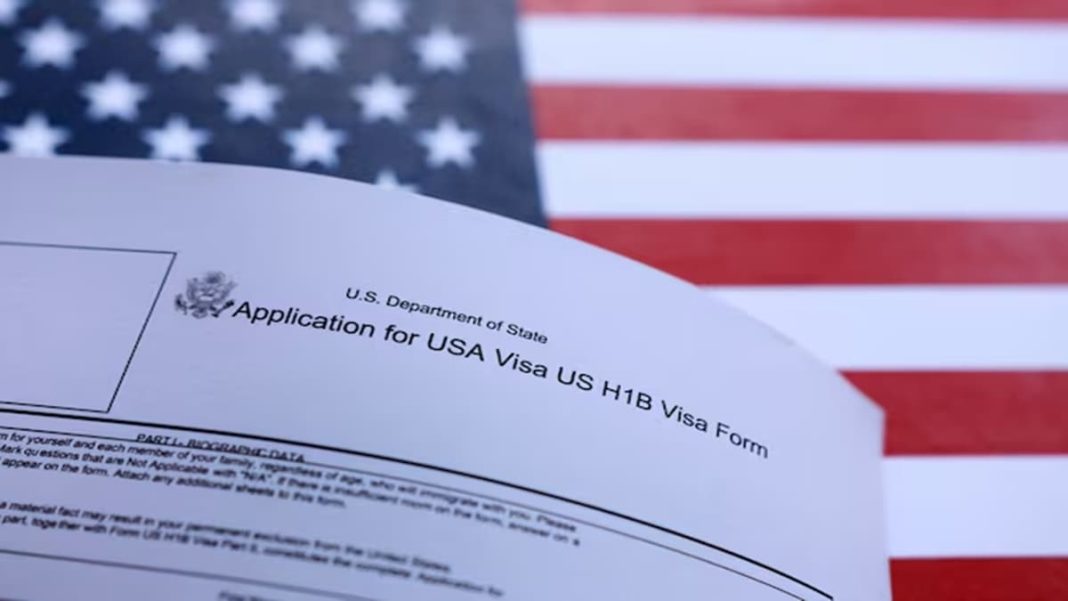Key Takeaways
- Bipartisan bill introduces stricter wage rules, visa extension limits, and STEM worker prioritization
- Major tech companies questioned about H-1B use during American layoffs
- Enhanced Department of Labor enforcement and job posting requirements proposed
- Foreign workers face increased documentation and compliance requirements
US lawmakers are moving to close loopholes in the H-1B and L-1 visa programs through bipartisan legislation that targets fraud and protects both American and foreign workers. Senators Chuck Grassley and Dick Durbin introduced the H-1B and L-1 Visa Reform Act, proposing significant changes to wage requirements, recruitment rules, and visa allocation priorities.
Corporate Scrutiny and Legislative Action
The senators have questioned ten major US corporations—including Amazon, Google, and Meta—about their extensive use of H-1B visas while conducting large-scale layoffs of American workers. The legislation aims to penalize companies that import large numbers of H-1B and L-1 workers while displacing US workers or outsourcing jobs.
“Recent diplomatic and legislative actions in the U.S. have led to significant implications for L1 visa holders and applicants, particularly foreign workers from countries like India and China. Visa rules remain a point of diplomatic tension, especially between India and the U.S., since most L1 and H-1B visa holders are Indian IT professionals,” says Andri Boiko, Founder & CEO, Garant In.
Visa Program Overhaul
The reform bill proposes multiple changes to current immigration procedures:
- Stricter wage and recruitment requirements for employers
- Mandatory job postings on a searchable Department of Labor website
- Prioritization of highly educated STEM workers in visa allocations
- Limitations on H-1B petition extensions
- Revised “specialty occupation” definition requiring bachelor’s degree or higher
The legislation would grant the Department of Labor new enforcement authority to ensure program compliance.
“Ongoing legislative and regulatory tightening means multinational companies must carefully assess compliance risks, maintain significant documentation, and ensure transparent working conditions. The current diplomatic climate has led to both legislative tightening and enhanced compliance for L1 visas,” says Boiko.
Impact on Foreign Workers and Companies
The changes would significantly affect foreign workers, particularly those from India and China who comprise the majority of H-1B and L-1 visa holders. Workers would face increased documentation requirements, stricter application reviews, and enhanced regulatory enforcement.
“Foreign workers and sponsors must prepare for greater documentation, stricter application review, and increased regulatory enforcement, which may also shape the strategic decisions of global companies regarding cross-border employee mobility,” adds Boiko.
The bill also addresses current H-1B extension rules, potentially limiting the maximum stay beyond the current six-year period (initial 3 years plus 3-year extension).




